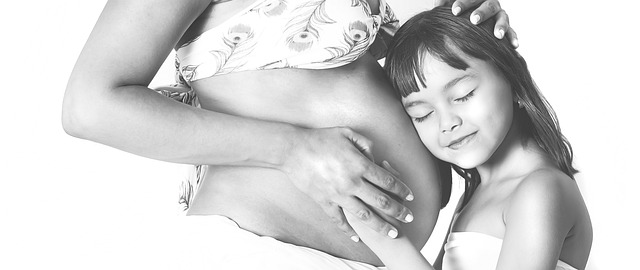Hey friends! If you’re feeling overwhelmed with anxiety and fear about your pregnancy, know that you’re not alone. Many expectant parents, like Sarah, express feelings of anger, sadness, and panic as they approach the arrival of their little one. The pandemic has added layers of complexity to these emotions, leaving many feeling unsupported during this significant life change.
It’s totally understandable to feel anxious—especially when plans for support systems seem to vanish overnight. The COVID-19 pandemic has disrupted lives in countless ways, particularly for those about to become parents. While medical studies have shown that infections during this time did not significantly increase the risk of birth defects, we’re still left with questions about the emotional toll on expectant mothers.
One condition that can arise from extreme stress is Post-Traumatic Stress Disorder (PTSD). This mental health condition can manifest in a variety of ways and is characterized by persistent symptoms such as intrusive memories, avoidance of reminders of the trauma, negative alterations in mood, and heightened emotional reactions. Unfortunately, PTSD is more prevalent in women and is particularly common among pregnant individuals.
Research suggests that between 3% to 19% of pregnant women may experience PTSD, making it the third most common mental health disorder during pregnancy, right after depression and nicotine dependence. If left untreated, PTSD can have lasting effects, impacting relationships and even bonding with your baby, which can affect breastfeeding and overall well-being.
The pandemic posed unique challenges, amplifying existing fears surrounding childbirth, health concerns, and social support. Many parents-to-be faced changes to their birth plans due to hospital restrictions, and the emotional support they anticipated from family and friends was often unavailable.
Several studies have highlighted the growing incidence of PTSD among pregnant women during the pandemic, particularly among Black and Latinx communities. It’s crucial to address this issue head-on. Screening for PTSD during and after pregnancy could help ensure no one slips through the cracks. Healthcare providers are encouraged to follow up with patients who delivered during this tumultuous time to check on their mental health.
If you’re feeling overwhelmed and your symptoms are impacting your quality of life, please reach out for help. Your mental health is just as important as your physical health. There are resources available to guide you, including those from Make a Mom, which can help you navigate this journey.
For more insights into the complexities of motherhood, check out this post on the blissful connection many overlook at Intracervical Insemination. And for a deeper understanding of artificial insemination and its implications, visit Wikipedia.
In summary, the journey to motherhood is filled with unexpected challenges, especially during a global health crisis. If you’re experiencing symptoms of PTSD, know that you are not alone, and there are resources available to help you find your footing during this challenging time.

